Led Zeppelin remains one of the most influential bands in rock music history. Guitarist Jimmy Page said one Zep song was his baby, but the band as a whole was his child. He formed the group from the ashes of the Yardbirds in the summer of 1968, Zeppelin put out the first record in January 1969, and they became worldwide sensations less than a year after they formed. John Paul Jones, the secret key to Led Zeppelin’s success, once explained why the group worked so well together, and he was completely right.
John Paul Jones followed a similar path to Jimmy Page before joining Led Zeppelin
Their stage personas differed drastically, but Jones and Page followed a similar path before uniting in Led Zeppelin.
Page, the flamboyant guitar maestro able to conjure up heavy ear candy riffs at the drop of a hat, started his career as a teenage session musician. He brought his tough-to-copy playing style to the Yardbirds, then stitched Led Zeppelin together when his previous band fell apart.
Jones worked as a session musician (sometimes with Page) and an in-demand one at that. He worked on 60 songs a month at one point, according to Centennial Media’s Legends of Music Spotlight: Led Zeppelin. The pace wore on him, and when he heard Page was forming a new band, he jumped at the chance to join.
John Paul Jones got it right when he explained why Led Zeppelin worked, which ‘nobody outside the band could understand’
Led Zeppelin wrote songs that garnered $2 million paychecks decades later and albums that routinely topped the charts. According to Jones, that might never have happened if the four members — Jones, Page, Robert Plant, and John Bonham — weren’t so different.
“I’ve always maintained that Zeppelin was the spaces between us,” Jones once said, per the Legends of Music Spotlight periodical. “Bonzo was into soul music and R&B ballads. I was into jazz and classical music. Jimmy was into blues, rockabilly, and folk, and Robert was into blues and Elvis Presley. None of us had the same record collection. Nobody on the outside of the band could understand this.
“But it was clear to me why it worked: We all loved music and liked learning about new things.”
That last part is the key: All four Led Zeppelin members had a thirst for learning about music they didn’t already listen to. Page’s love for Indian and avant-garde music wouldn’t have shown up on Led Zeppelin songs such as “Kashmir,” “In the Light,” “Black Mountain Side,” or the solo on “Babe I’m Gonna Leave You” if the other three had been willing to learn about those styles along with him.
If the band had put Plant’s Elvis love in shackles, then we would have “Candy Store Rock,” one of the most underrated Led Zeppelin songs. We wouldn’t have a classic like “No Quarter” if Jones hadn’t been allowed to bring his jazz and classical talents to the table (and have them complemented by Bonham’s precise drumming and Page’s water nymph guitars).
A group where all the members listen to the same music will eventually become boring. Jones’ assessment of the band was 100% right. Led Zeppelin worked so well because of the push and pull between its members and their willingness to try different musical styles.
Zep covered many styles during their career
Led Zeppelin worked well because of the interplay of the members’ musical interests. They entranced listeners with their ability to mesh them together.
Led Zeppelin III incorporated folk and acoustic guitars into the mix, and it threw off listeners expecting more heavy rock a la the first two records. Those listening closely heard Page and Plant stretch out on an underrated song that required just two takes. Anyone who brushed off the traditional folk song “Gallows Pole” missed Page proving his skills went beyond the guitar.
The band shifted gears again after the success of Led Zeppelin IV. The 1973 album Houses of the Holy includes a James Brown tribute, a take on reggae music, and Jones’ opus “No Quarter” within four tracks.
Jones’ fingerprints are all over In Through the Out Door. The 1979 album includes synth-driven ballads (“All of My Love”) and a stab at prog rock (“Carouselambra”).
John Paul Jones said Led Zeppelin worked well together because the member had different musical interests. The band’s 12 years together prove that he was right.

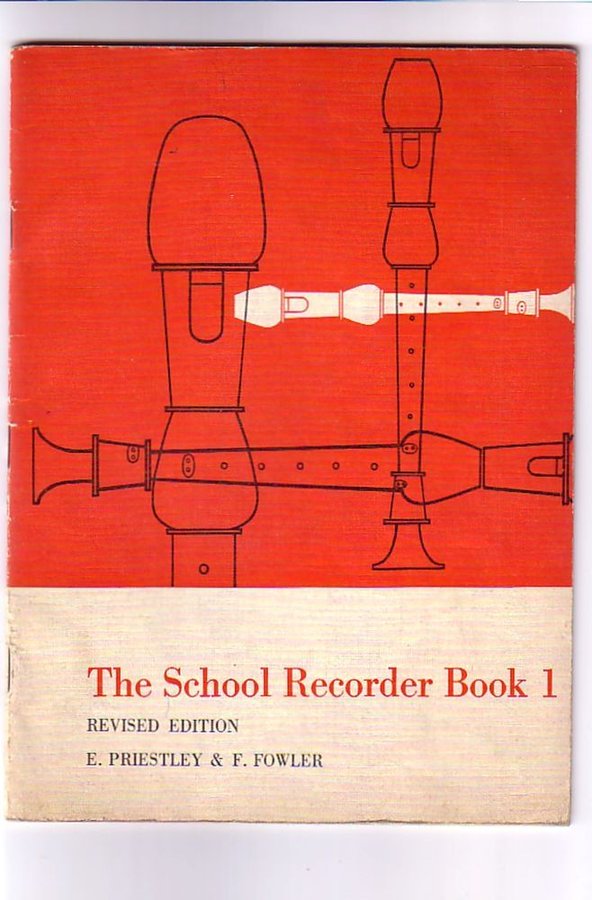




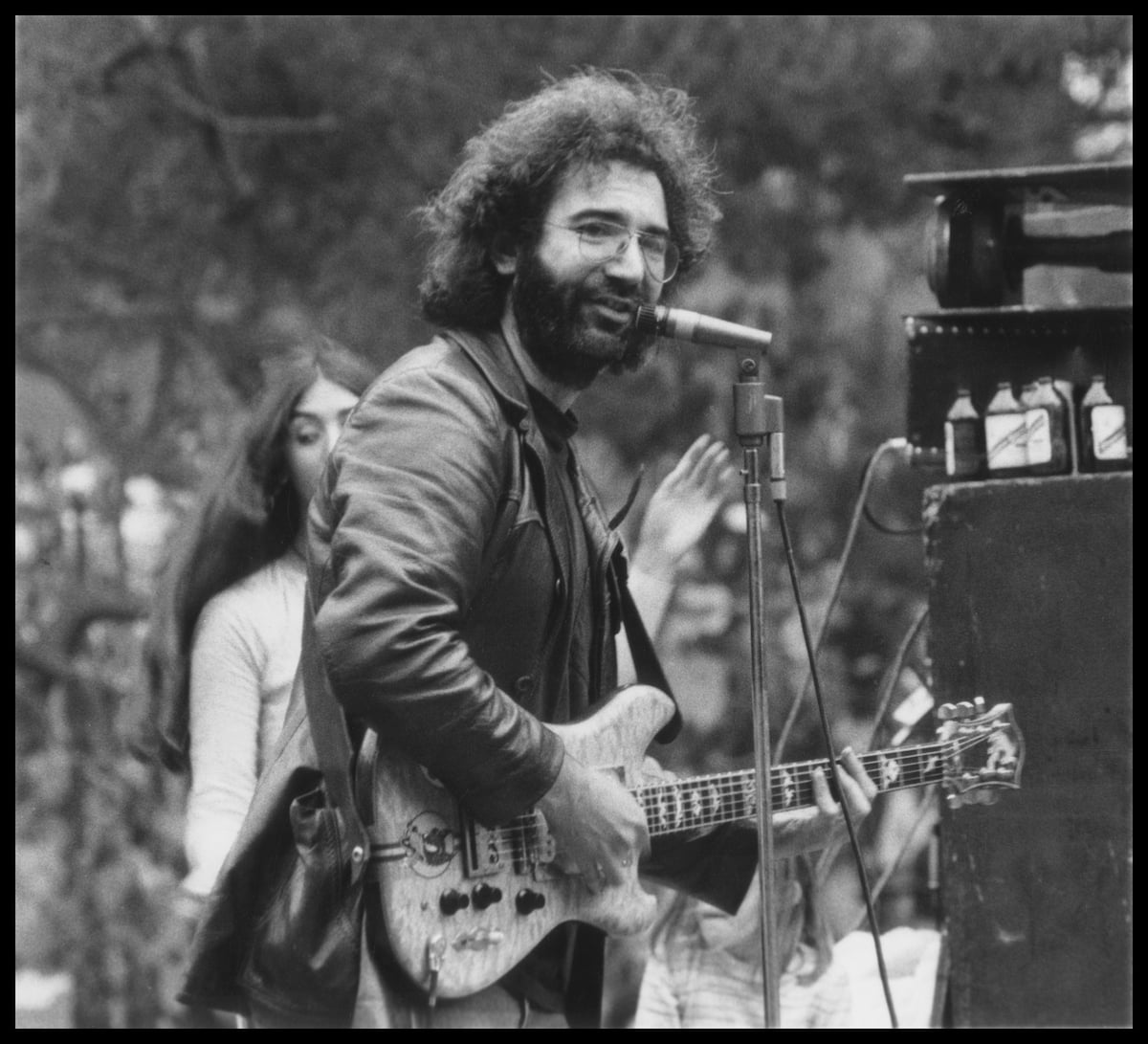


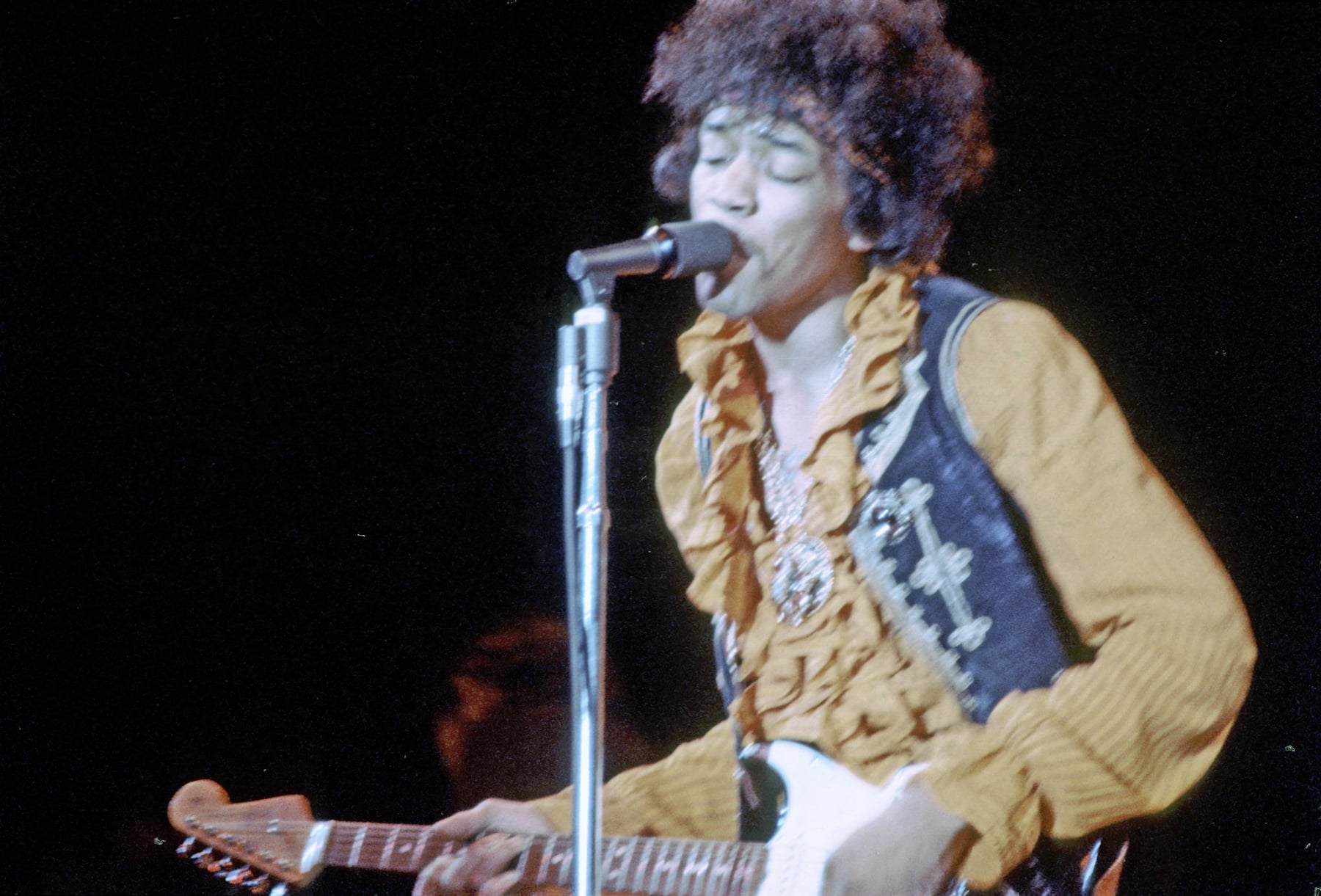




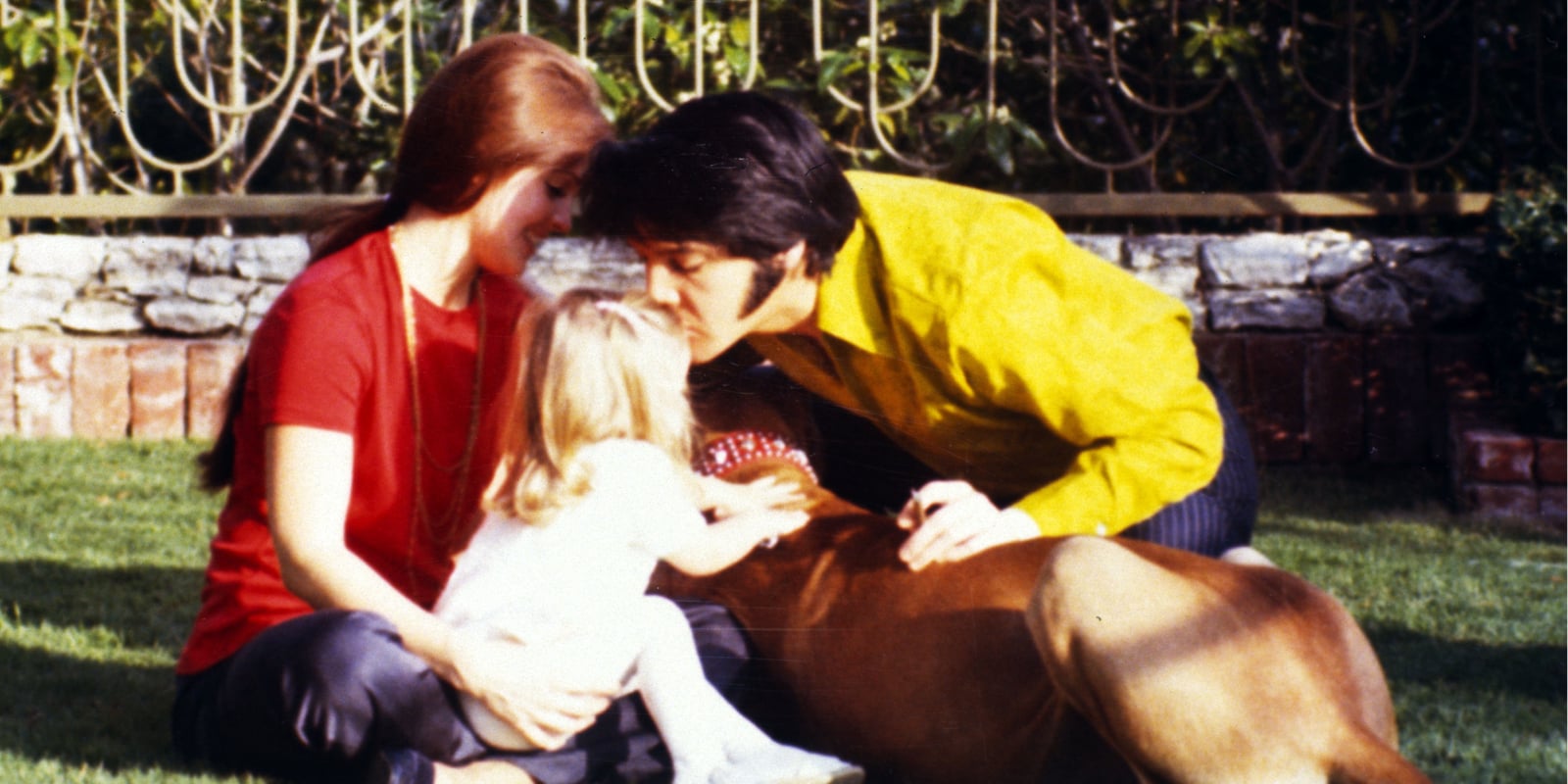



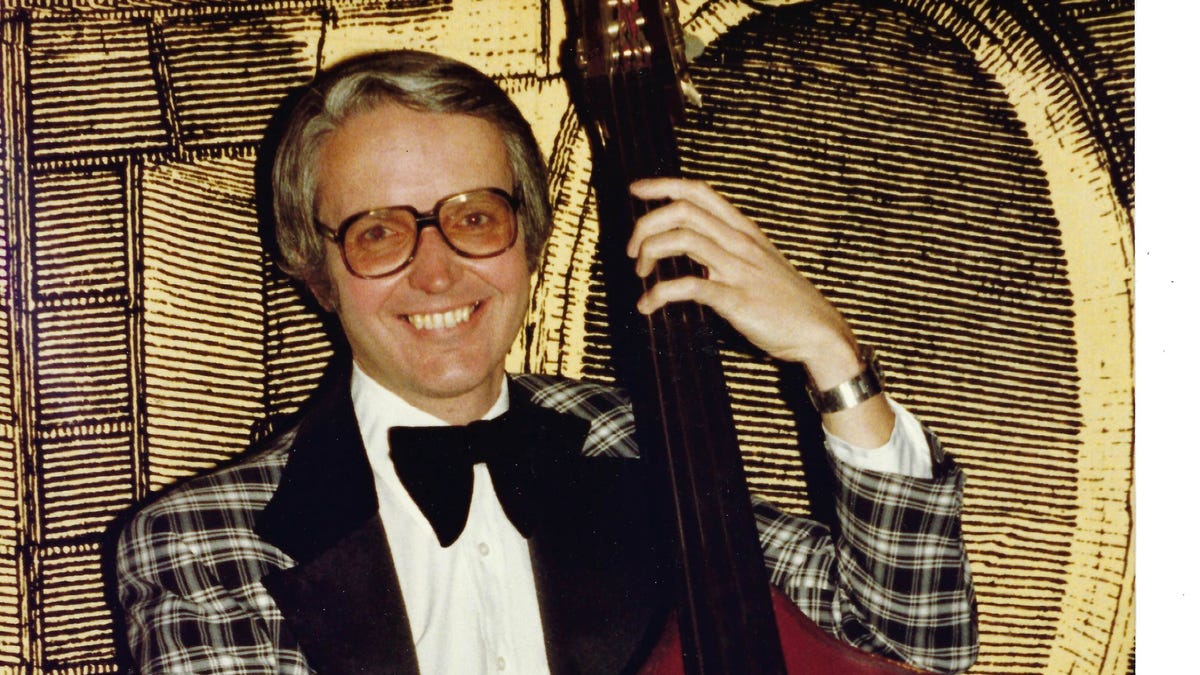





 English (US)
English (US)